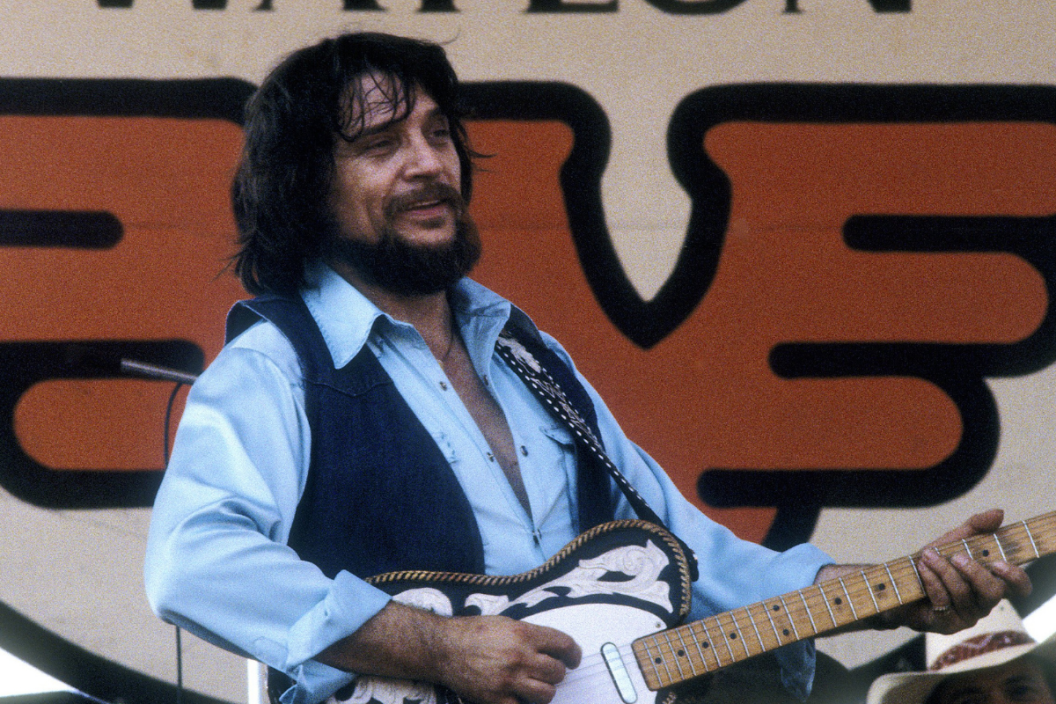
About the Song
By 1975, Waylon Jennings had fully carved his place in country music not by following the rules — but by rewriting them. His album Dreaming My Dreams stands as one of the defining statements of the outlaw country movement, and among its many brilliant moments is a deceptively simple, deeply revealing track: “I’ve Been a Long Time Leaving (But I’ll Be a Long Time Gone).”
Penned by the legendary Roger Miller, the song unfolds like a restless conversation with oneself. It’s not a grand goodbye, nor a dramatic heartbreak. Instead, it’s the slow burn of knowing it’s time to leave — not out of bitterness, but out of sheer necessity. “I’ve been a fool, I’ve been a lover / But I’ve always been alone,” Waylon sings, his voice half-resigned, half-defiant. It’s the sound of a man who’s not asking for forgiveness, just a little understanding.
What makes Waylon’s interpretation so impactful is his ability to marry rebellion with vulnerability. There’s no apology in his delivery, but there’s plenty of ache. He’s not proud of leaving — he just knows he can’t stay. It’s a subtle but profound distinction that turns this song from a breakup tune into a meditation on the cost of freedom.
Musically, the track carries the signature Dreaming My Dreams sound: bare-boned, unpretentious, and emotionally raw. Sparse acoustic strums, a lonesome steel guitar, and a slow tempo that mirrors the dragging weight of a decision long delayed. This is the kind of country music that speaks not through volume, but through quiet conviction.
“I’ve Been a Long Time Leaving” is also a window into Waylon’s own life. By this point, he had battled the constraints of the Nashville system, charted his own course, and embraced the role of the outsider. The song reflects that mindset — the conflict between wanting to belong and needing to roam. It’s a reminder that for some souls, peace only comes when the road opens up again.
Decades later, the song still resonates with anyone who’s ever struggled between holding on and letting go. And in Waylon’s voice, that struggle feels not just personal — it feels universal.